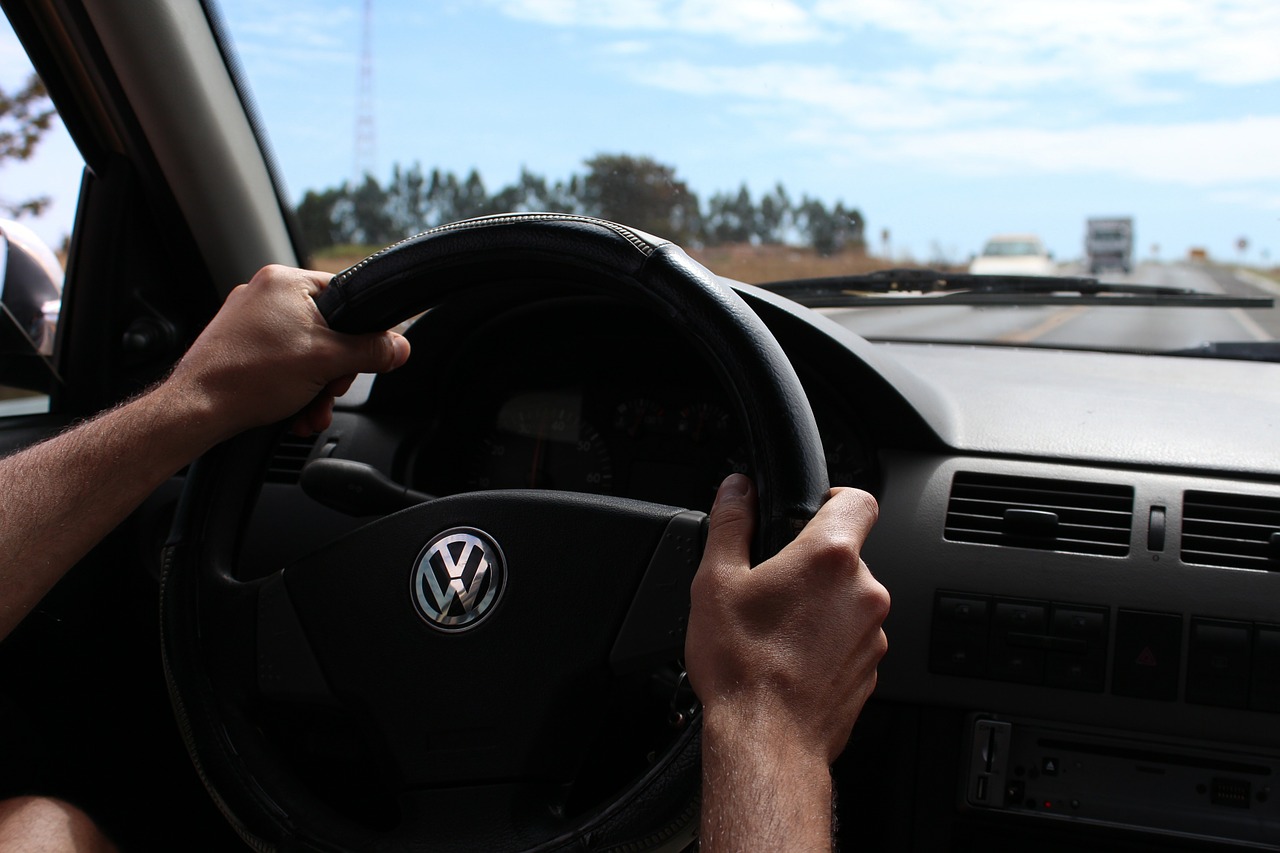Recently, police officers in Rialto, California took part in a controlled study. The study had them wear a small camera at all times while they interacted with the public. In the first year of the study, the results were substantial.1 
Since the cameras were introduced, complaints against Rialto officers dropped by 88 percent. The use of force by police officers fell by almost 60%. According to Rialto Police Chief William A. Farrar, “When you put a camera on a police officer, they tend to behave a little better, follow the rules a little better.” Now, troubled police departments in cities like New York, Oakland, and New Mexico are going to try similar studies.2
The Pros
As the Rialto study showed, police behavior dramatically improved when they were required to wear video cameras. When you know you are being recorded and your actions can be scrutinized, you will undoubtedly behave better. Think about it. If your teacher recorded you while you were taking a test, would you cheat?
The same logic applies to the citizens. As the Rialto Police Chief noted, “If a citizen knows the officer is wearing a camera, chances are the citizen will behave a little better.” 3 When police and citizens encounter each other, video cameras can make these interactions far less hostile.
The video data could also be used for training purposes. Citizens usually complain about police officers’ attitudes, demeanor, and how they treat people. 4 Having access to recorded interactions between police and the public could help show future officers the “do’s and don’ts” of police behavior.
Finally, requiring police to wear a video camera can legitimately change the criminal court process for the better. When police are called to a crime, the interaction will be caught on video. When a case goes to trial, this video evidence can drastically reduce the length and overall costs of the process. When a citizen has a complaint about an officer’s behavior, there will also be video proof.
The Cons
From a financial standpoint, having officers wear video cameras comes with a cost. Police in Spokane, Washington reportedly signed a $733,000 contract with Taser International, a company that supplies the body cameras. On top of this, the city of Spokane will also pay an annual fee to store the recorded data. These fees are for only 220 cameras. 5
There are also legitimate privacy questions that need to be addressed. Will the cameras be recording at all times, no matter where an officer goes? If a police officer enters a private home to either respond to a disturbance or execute a search warrant, will they be able to record the inside of the home? If so, this may be a major invasion of privacy.
There is also the issue of how the data is stored. In the case of Spokane, Washington’s police department, they are trusting Taser International to store all of the video data. With a third party, there is always concern that the data could be compromised.
Local agencies would also need to figure out who can access the video recordings and for what reason. If all of the general public can view a recorded interaction at any time, it may have negative effects. People may want to view the recordings for sheer entertainment purposes. This would serve little public benefit and is a moral dilemma that law enforcement needs to resolve.
Give Us Your Feedback
Should police be required to wear a video recording device at all times while on duty? What benefits do you see in making this a requirement? What rules should be in place regarding the cameras? Wallin & Klarich would like to hear your opinion.
1. [Reason.com/blog/2014/07/07/cops-should-wear-video-cameras]↩
2. [Id.]↩
3. [Id.]↩
4. [http://www.startribune.com/opinion/editorials/230281701.html]↩
5. [http://www.policeone.com/police-products/body-cameras/articles/6955826-Wash-chief-weighs-pros-and-cons-of-body-cameras/]↩


